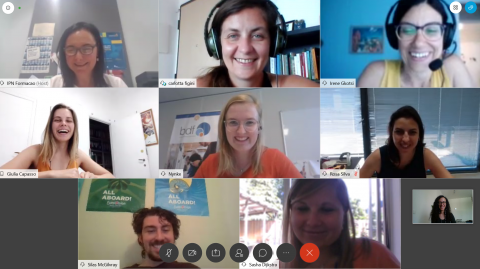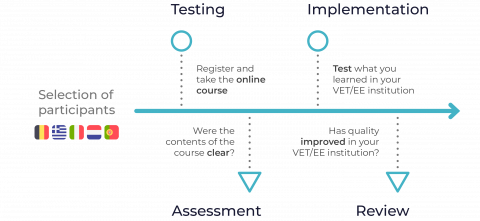4.6 - External Evaluation
Abstract
Feedback is often collected from students and from teachers and trainers, but, as a Quality
Manager, you should not underestimate the importance of having external feedback on the
activities and on the results of the training.



